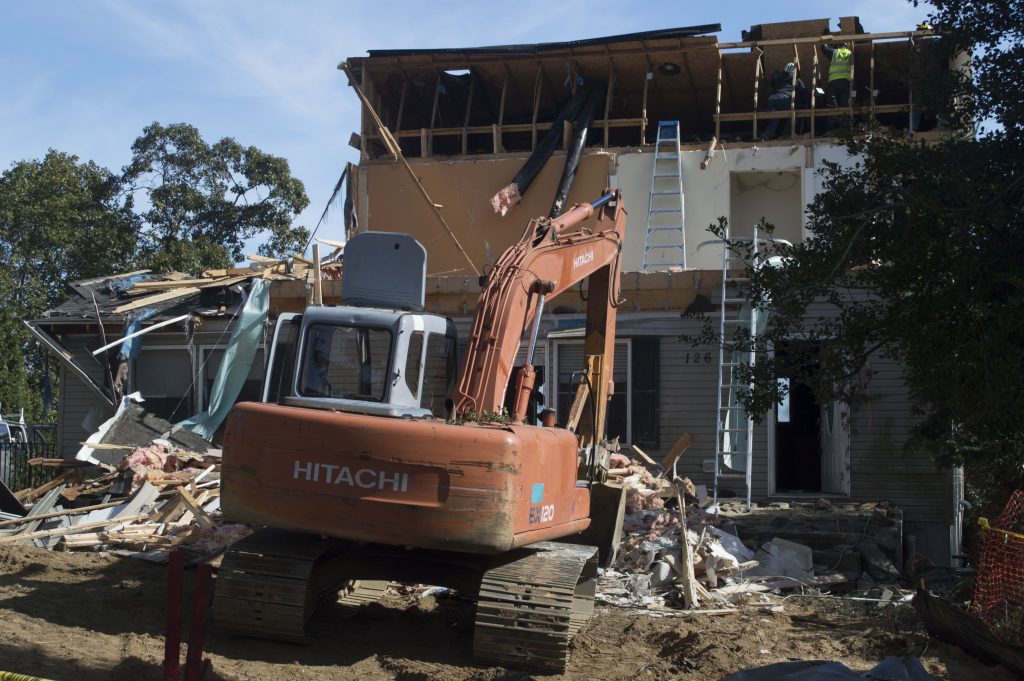A plan to hire a North Jersey firm to train employees and optimize the township’s efforts to reduce the number of abandoned properties in town was delayed by the governing body Tuesday night after a resident asked for more information to be gathered on it.
The township was scheduled to vote on the hiring of Borgers, Saunder, Taylor and Associates, of Glenn Ridge, Tuesday night before the vote was rescheduled until the March 21 meeting. The firm would serve as the township’s Vacant and Abandoned Properties (VAP) consultant, handling numerous aspects of the complex process of holding banks and mortgage holders responsible for the upkeep of properties they own.
The firm would be paid a 30 percent commission on fines generated through their work. A major part of the firm’s job would be to enforce a mandatory registration and maintenance ordinance against banks that own foreclosed properties in town.
|
|
Council President Art Halloran said 164 properties, township-wide, are abandoned – many for years. Most have fallen into disrepair, plaguing neighbors. Part of the process the firm would carry out is organizing a special tax lien sale where contractors could bid on liens, then foreclose on them and renovate or rebuild the homes.
“A lot of them are properties that are underwater and foreclosed,” said Township Attorney Kevin Starkey, of the 164 targeted properties. “They are all vacant and all abandoned.”
Brick will be the first municipality in the state to take advantage of some aspects of a recently-passed state statute that allows for the identification, processing and tax lien sale for abandoned properties. Thus, the firm’s expertise will help Brick through the process. The firm previously garnered positive reviews for its oversight of East Orange’s VAP plan.
“This is a relatively new statute in the state,” said Starkey. “There are aspects of this that no other towns in the state have done. There are a lot of things that are very new, very different and things nobody here has ever experienced.”
The township also needs help because banks have created “layering” that can stymie the local government’s efforts to track down who is responsible for a property and the maintenance and property taxes that comes with ownership, said Business Administrator Joanne Bergin. The firm would help penetrate this system, she said – something that township employees may not be trained for.
“It’s not due to lack of trying, it’s due to a lack of understanding of how this all works,” said Bergin. “The banks have developed a firewall system that most towns just can’t penetrate.”
George Scott, a resident who frequently raises questions about spending practices, said the council should develop more information about how the firm will be paid for its work, and whether the contract rate is appropriate given the fact that township employees would be doing work as well. He said he was also concerned about language in the contract that stated the township has eminent domain as an option to enforce the law.
“There is no intention, desire or intent to take these properties by eminent domain,” said Starkey. “It is not something mayor and council want to do, but it’s put in here because it is one of several options available under the statute.”
Concerning payment: “The payment is not coming from the taxpayers. It’s not coming out of the budget,” Starkey said. “The payment they’re going to make is a percentage of the fines charged to the banks and mortgage holders. The money they are paid will be generated by their work.”












